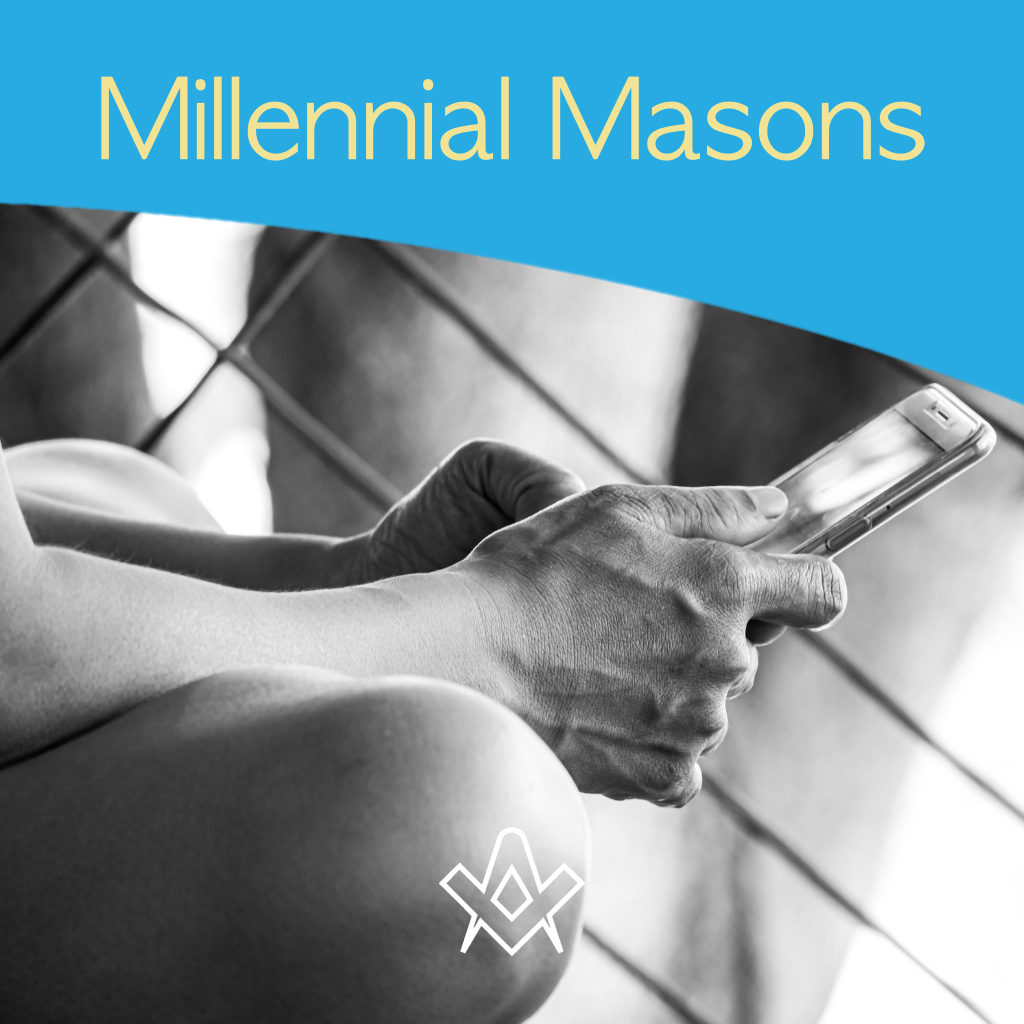In an (archived) Reddit thread on r/freemasonry the hundred dollar question was posed:
‘What do Millennials want from Freemasonry?’
The first comment questioned the question with ‘what is a Millennial ?’
He then signposted us to comedian Adam Conover’s YouTube video
Mind the (generational) Gap
As a fully paid up member of Generation X, I really wanted to know more about this because, deserved or not, Millennials have definitely got a bad rap.
They are described as ‘narcissistic’, ‘lazy’, ‘entitled’ ‘snowflakes’ who never look up from their phones and are obsessed with selfies.
They are the ‘me, me, me’ generation who are offended by almost everything.
To add insult to injury, they definitely will never be as cool as Baby Boomers (Mods/Hippies) or Gen X (Punks / Goths / Rude Boys).
But seriously, ‘what is a Millennial’ ? – because most millennials don’t identify as one
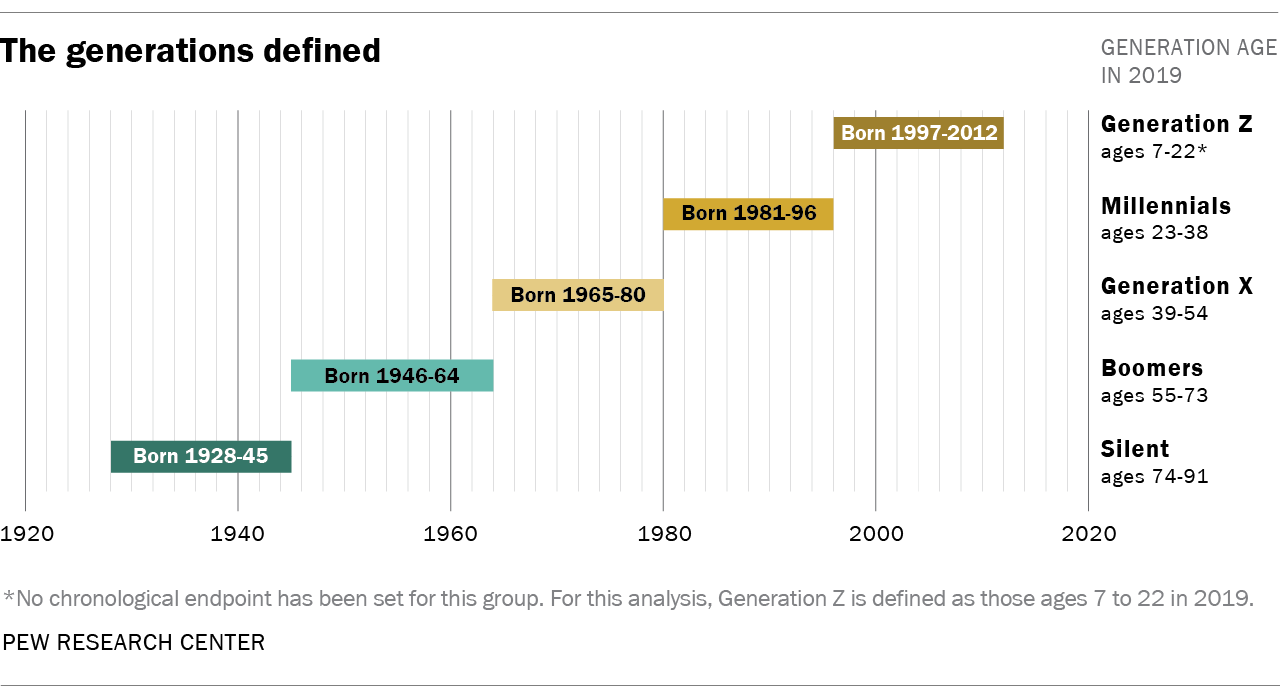
Generation defined
IMAGE CREDIT: pewresearch.org
In 2015, the Pew Research Center conducted research regarding generational identity that said a majority of millennials surveyed did not like the ‘millennial’ label [1].
It was discovered that millennials are less likely to strongly identify with the generational term when compared to Generation X or the baby boomers, with only 40% of those born between 1981 and 1997 identifying as millennials.
Among older millennials, those born 1981–1988, Pew Research found that 43% personally identified as members of the older demographic cohort, Generation X, while only 35% identified as millennials.
Among younger millennials (born 1989–1997), generational identity was not much stronger, with only 45% personally identifying as millennials.
It was also found that millennials chose most often to define themselves with more negative terms such as self-absorbed, wasteful, or greedy.’
According to Jenna Goudreau, writing in Forbes, ‘Millennials are the most highly educated and culturally diverse group of all generations, and have been regarded as hard to please when it comes to employers’. [2]
Aside from cultural diversity, Millennials seem to be more tolerant of unconventional lifestyles than previous generations – they accept far more racial, sexual and gender diversity in society.
But are they interested in the Craft, and its future?
Which leads us back to the original question –
‘What do Millennials want from Freemasonry ?’
The answers on Reddit were as follows:
- ‘The same thing that bros in the 18th and 19th centuries wanted’.
- ‘Exactly. What does anyone want from Freemasonry?’
- Quality.
I want to be a part of something special. A tight Brotherhood.
- The same exact thing all brothers came “knocking” for, more light! The same wisdom and guidance that was earned by my grandfather, and his father. 3 generations of 32.
Then we get to the ‘cool esoteric stuff’:
- Every millennial mason I’ve asked has said:
- Cool esoteric knowledge and teachings,
- Mentorship by quality men, and or
- Learn some sween [sic] history and be part of an organization that includes [insert famous 18th century freemason]
- There is another thread on here which asks a similar question.
I’m 27 and a brother in Ireland, I joined for a variety of reasons the first being the history attached in the Order globally and in Ireland specifically, Charles Stewart Parnell and Daniel O’Connell (the liberator) were Freemasons.
Secondly the chance of having an outlet for my spiritual interests, most of my generation, and I say mine meaning specifically in Ireland grew up Catholic and after the scandals here grew disillusioned with organized religion.
I think millennials are searching for something larger than themselves to be a part of and Freemasonry is a good ethical and moral structure to work within.
I also joined to meet new people and make new friends as a lot of mine old school and college friends have emigrated, at the time I was hoping there would be more men my own age but I’ve gotten used to being the youngest in my lodge.
The traditions and esoteric stuff is also a factor and I’ve been reading everything I can get my hands on relating to those topics.
- I think it may be one of the few remaining places in the industrialized world where one can find masculine mentorship.
- In this age of single-parent homes, broken families, and bad role models, I think Freemasonry has something to offer in the area of mentorship and (gasp) brotherhood.
The subject turned to age:
- I joined at 23 – so I tend to disagree. Assuming that anyone who’s 19 to their early 20’s can’t be expected to take things seriously or absorb lessons means we shouldn’t let anyone into college until they are 40. I think you can argue that there are fewer men that age that have the right temperament, at the time – sure. But to just say they all can’t? It robs us.
- It’s funny. I joined at the exact same age and I guarantee I would have enjoyed it more joining now than at that age.
It’s not merely the lessons being absorbed or taking things seriously. It’s how valuable your time is where you are in life.
Your time in college is invaluable. If done well, you experience a lot of success.
Not the same with Freemasonry.
And outside of college, men should be career focused for a number of years.
Adding Freemasonry is adding a stumbling block at a time when you need none.
We should be accepting men when they are best for us and we are best for them.
- And outside of college, men should be career focused for a number of years.
Adding Freemasonry is adding a stumbling block at a time when you need none.
We should be accepting men when they are best for us and we are best for them.
Let me just toss this out there:What one gets out of it will vary according to where you are in life, anyhow.
At 20 – 30, you want to be focused on building a career, at 30 – 40 you’re more stable and may be focused on your family. Masonry could easily be a distraction at any of those periods.
For some young guys who don’t have (or are seeking) direction, working through the chairs could actually be a path to self actualization – at least, in a good lodge.
- Masonry could easily be a distraction at any of those periods. Here here! [sic] Being distracted from unintentional self sabotage is definitely well placed distraction!
- I joined at 22, and Freemasonry was a great help to my early career.
I learned a lot of lessons on teamwork, time management, public speaking, etc. through the Lodge that I could apply directly in my job.
I had a lot of rough edges at that age – I still do – but my interactions at the Lodge helped grind them down in a constructive, supportive environment.
Blanket statements about the mindset, motivations and abilities of groups of people typically do them a disservice.Everyone is different and, while for some the Fraternity isn’t the right fit for their current season of life, for others the Lodge is the right place at the right time.
- I joined at the exact same age and I guarantee I would have enjoyed it more joining now than at that age.
I think the word to focus on here is “I”. Everyone’s life really boils down to different paths taken and people arrive at things at different stages.
So for you, that might be true, but to blanket others with the same observation seems out of place.
Am I a worse Mason because I joined when I did?
I would argue that it’s given be a very stabilizing force in my life other people lack.
It’s given me an opportunity to mature in some areas far quicker than I would have otherwise.
Underestimating young people is a trap that we shouldn’t be falling into.
Wise words indeed.
Perhaps we shouldn’t be asking ‘what do Millennials want from Freemasonry?’ but ‘what can Millennials bring to Freemasonry?
What are your thoughts?
Join the debate – leave a comment below or email: editor@thesquaremagazine.com
Footnotes
References
[1] “Most Millennials Resist the ‘Millennial’ Label”. Pew Research Center for the People and the Press. 3 September 2015. Retrieved 13 October 2015
[2] Goudreau, Jenna. “7 Surprising Ways To Motivate Millennial Workers”
A response to this article was published in September 2021 Issue
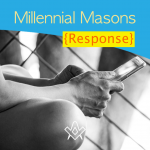
Millennial Masons – Response
What is a ‘Millennial’ and what do they want from Freemasonry? You’ll be surprised at the answers.
more….
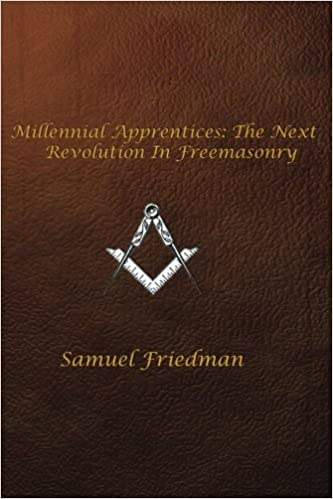
Millennial Apprentices:
The Next Revolution In Freemasonry
by Samuel Friedman
A new generation of American men has begun to enter the fraternity of Freemasonry.
This group of young men belong to the second largest generation in America history.
Known as the millennials, they possess unique motivations and aspirations for the Craft that are quite different from the several generations before them.
This book looks at the current state of Freemasonry, how the Fraternity has arrived at this point and proposes restorations within the Craft that point the way forward into the twenty-first century.
Written by a young and enthusiastic millennial Mason, this book is meant to inspire thought provoking discussion on what this new breed of Mason desires, and what it truly means to be a Mason in the twenty-first century.
Recent Articles: membership
 A Rose by any other Name may not be the same Explore the profound distinctions between conferred and transmitted Masonic degrees with Bro. Scott Wisdahl. Delve into how presentation quality, personal impact, and setting shape these rituals, and consider the potential for digital adaptations in modern Masonic practices. Join the discussion on enhancing the Masonic journey and preserving its essence. |
 Progression through the Degrees; a Rite or a Privilege? Exploring the layered journey of Freemasonry, Matt DA Fletcher probes the essence of progression—whether it's a mere rite or a privileged path. Delve into a nuanced perspective where every degree is not just a milestone but a fraction of a grander continuum. |
 Quantity vs Quality within the world of Freemasonry Dive into the compelling debate of quantity vs quality within the world of Freemasonry. Discover the transformative focus on attracting members aligned with the institution's values, promising not only growth but quality growth. High-value individuals assure sustainable development with their commitment to serving the brotherhood. |
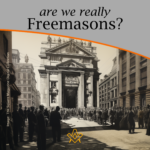 Maybe Freemasonry has opened its doors too wide. Perhaps some have not understood that the survival of Freemasonry in order to achieve its sublime purpose lies not in the number of members it has, but in their quality. Maybe we need less members and more Freemasons. Less men in Freemasonry and more Freemasonry in men. |
 What is ritual and why is it important? P1 Delve into the profound world of Freemasonry rituals and their significance. This insightful piece unravels the underlying importance of rituals, their impact on participants, and the transformative power they hold. Uncover why these centuries-old traditions remain integral to Masonic practice today. |
 Could Freemasonry be helpful for young men? Unravel the Masonic Brotherhood: Could Freemasonry be the antidote to modernity's challenges for young men? Dive in as we explore the Masonic world, its principles, camaraderie, and how its traditional rituals could help forge stronger identities in an increasingly complex world. |
 Discover the remarkable benefits of Lodge Meetings on your well-being. From fostering connections to combating stress, learn how these male-oriented gatherings offer an antidote to anger, hunger, isolation, and exhaustion. Dive into the power of shared experiences, understanding, and camaraderie. Your key to improved mental health awaits inside. |
 Tutorial for a Worshipful Master Unlock the Secrets to Leadership Mastery in our Worshipful Master's Tutorial! Brother Antonio Biella shares step-by-step guidance for Masonic Lodge leaders on honing their roles, duties, and future vision. Discover how to drive growth and engagement in your Lodge, setting ambitious goals and inspiring member participation. |
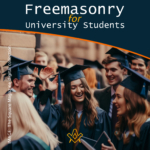 Freemasonry for University Students What are social skillset challenges facing students when they graduate from university ? |
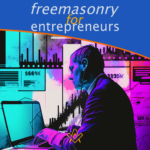 How the Core Values of Freemasonry; Brotherly Love, Relief and Truth Can Be Applied to Improve Productivity For Entrepreneurs |
 Why I became a Freemason: a personal journey of self-improvement Salik Tariq shares his reasons for becoming a Freemason – a journey of self-improvement, finding a community, and personal growth. |
 Freemasonry: Coming out of the Cloisters This paper examines the fundamental tensions on the lines of religion, gender and political ideology that exist in some jurisdictions of Freemasonry. It is on the first of these, religion, on which he makes an initial and exploratory focus. - by Gerald Reilly |
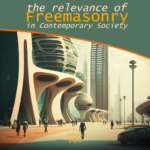 The Relevance of Freemasonry in Contemporary Society The role of Freemasonry in contemporary society is an indispensable one. Despite the challenges and misconceptions it faces, the organization remains steadfast in its humanitarian pursuits and commitment to personal growth and self-betterment. Through its efforts to evolve and adapt to the changing needs of its members and the world, Freemasonry continues to be a vital force in shaping a better future for all. |
 Has Freemasonry managed to revive and thrive after the darkness of the Pandemic? Robert Lomas gives us some (promising) insights. |
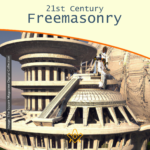 21st Century Freemasonry – a Sign of the Times? A recent article in The Times of London highlighted the dilemma 21st Freemasonry is facing. In this article one Master Mason shares his views of the strengths, and the challenges of modern Masonry. |
 A concept that is both based on our Freemasonic rituals and what we understand as teamwork. This article by Chris Batty examines why teamwork in the lodge is the network that binds us. |
 Lebanese Freemasonry has been both witness to and sometimes participants in turbulent events and forces, which shaped and influenced their world. |
 Is a Masonic Tradition Necessary? Dealing with Masonic tradition is a complex subject that requires careful analysis in order to reach a balanced point on the best etymological definition and the set of discourses and practices, which often end up being presented as such, without, however, presenting bases that support them, often serving only as a discourse that restricts and controls the masses. Fernando Rodrigues de Souza debates this complex subject. |
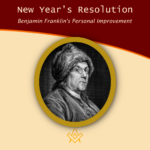 New Year's Resolution with Benjamin Franklin's Personal Improvement Are you ready for a new year's resolution challenge ? To accomplish his life’s goals, at 25 ( around 290 years ago ), Benjamin Franklin developed and committed himself to a personal improvement program that consisted of 13 virtues. You are invited to join me in practicing his daily routine for 2023. |
 The Alberta Masonic Higher Education Bursary Fund is to help the next generation of Albertans, our children and grandchildren, to obtain the education they need to lead successful lives and contribute to the welfare of mankind. As you can see from this little lesson of our history, education is truly a Masonic obligation. |
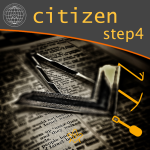 To be a Better Citizen of the World: Step 4 A value proposition for Pure Ancient Masonry as defined in terms of Citizenship; the allegories, symbolism and lessons are a blueprint for all Freemasons to be a better citizen of the world. |
 To be a Better Citizen of the World; Step 3 A value proposition for Pure Ancient Masonry as defined in terms of Citizenship; the allegories, symbolism and lessons are a blueprint for all Freemasons to be a better citizen of the world. |
 In connection with recent article about Freemasonry in the metaverse, we look at how an Egregore applies to Freemasonry in a digital world |
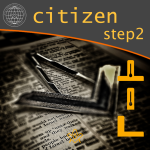 To be a Better Citizen of the World; Step 2 A value proposition for Pure Ancient Masonry as defined in terms of Citizenship; the allegories, symbolism and lessons are a blueprint for all Freemasons to be a better citizen of the world. |
 There are many brotherhoods in the world, and Freemasonry is one of the most significant and successful of them all. This article will be the focus two questions: the importance of brotherhood ? and is there room for improvement in Freemasonry? |
 Intergenerational relations in Masonry: challenges and possibilities Backed with scientific research, Professor Luiz Neto and Professor Alexandre Braune investigate the Intergenerational relations in Freemasonry and explores the challenges and opportunities. |
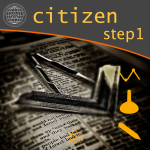 To be a Better Citizen of the World; Step 1 A value proposition for Pure Ancient Masonry as defined in terms of Citizenship; the allegories, symbolism and lessons are a blueprint for all Freemasons to be a better citizen of the world. |
 The Masonic Temple is a platform where both Freemasons and non-Masons, enthusiasts of real art and spiritual growth, connect to the new world of the metaverse. A Freemasonry in the metaverse project, based regular freemasonry principles. |
 Opportunity to fix the Sussex fudge Is there a value proposition for members, that under English Constitution Freemasonry, we have a 4 part offering; Entered Apprentice, Fellowcraft , Master Mason and Companion, conducted in a single craft lodge ? |
 Value Proposition of Freemasonry In addressing declining lodge membership and lack of attendance, we need to assess the value it offers to members. What is value, and what does it mean to you? |
 What is a 'Millennial' and what do they want from Freemasonry? You'll be surprised at the answers. |
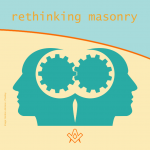 Let us help answer a fundamental question, from a confused newly raised brother asking “What does it all mean and where do I go from here?” |
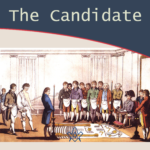 Written in 1930, much of the advice is still relevant today - although some may provoke further thought or debate! |
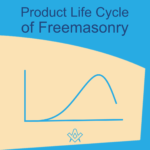 Product Life Cycle of Freemasonry An inconvenient truth about the product life cycle of Freemasonry |
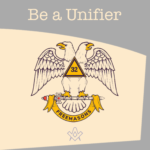 Freemasonry is local. This is where we need to start. We start with our Facebook friends, our neighbours, our colleagues, our lodges… |
 Freemasonry in the time of pandemic The Rule of Six. Localised lockdowns. Second wave? What do we do now?! The answer is simple - engage with members, promote Masonic education and get thinking outside the lodge. |
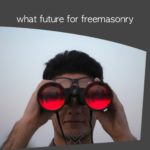 The current functioning of the Masonic movement has some positive aspects and others that are blatantly backward and counterproductive. |
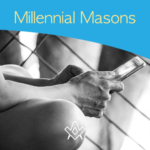 What is a 'Millennial' and what do they want from Freemasonry? You'll be surprised at the answers. |
 How to improve your Lodge Membership Marketing Program. |
 The Anti-Social Impact of Social Media The 'dark side' of social media and its negative effect on our mental health |
 If Freemasonry cannot meet, is this an opportunity to make a change to how we do things? |
 Has your lodge accepted an unknown candidate from the internet? Third in a three-part series looking at the process to accepting candidates via the internet |
 Is the brother of a brother a brother ? Rights to visit - recognition and regularity re-evaluated. |
 The second article in the Unknown Candidate series - Outlining the social media marketing process to attract the unknown candidate to make that first enquiry |
 Ask a random Freemason the purpose of Freemasonry and the likely response will be to “make good men, better”. Research undertaken by James Justin Davis Pennsylvania Academy of Masonic Knowledge. |
 Has your lodge accepted an unknown candidate from the internet? First in a three-part series looking at the process to accepting candidates via the internet |
 Mental Health - Raising its awareness and how we as Freemasons throughout the entire UK can help our fellow brethren and their families when they need it. |
 Share one thought why freemasonry is relevant today - Open question posted on Facebook with a very wide range of responses from Brethren across the globe |
 The Tipping Point of Freemasonry Why do brothers lose interest in Freemasonry and what can we do to get that spark back? At what moment did our own thoughts begin to waver? |
masonic knowledge
to be a better citizen of the world
share the square with two brothers

click image to open email app on mobile device
Tubal Cain
Masonic Apron NFT
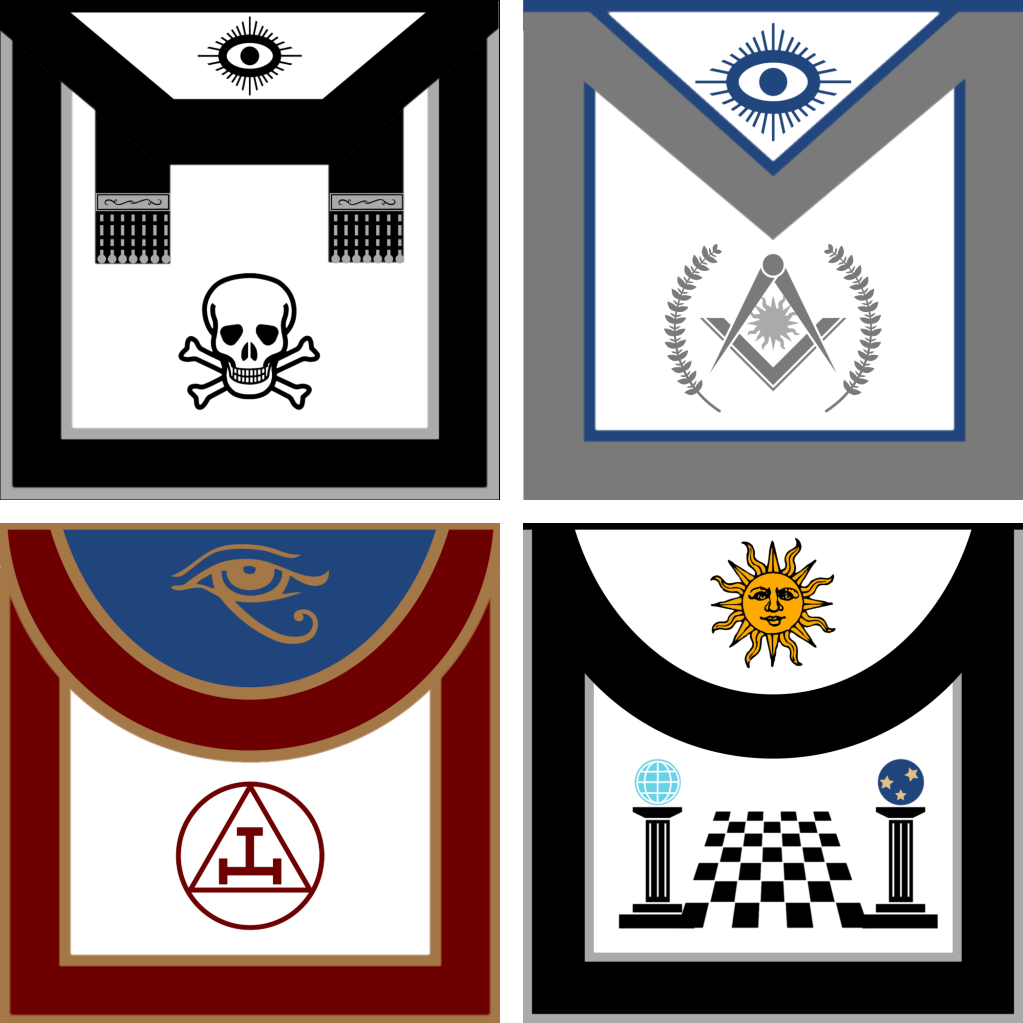


Each NFT includes the JPEG image plus a full size masonic apron and shipping worldwide
